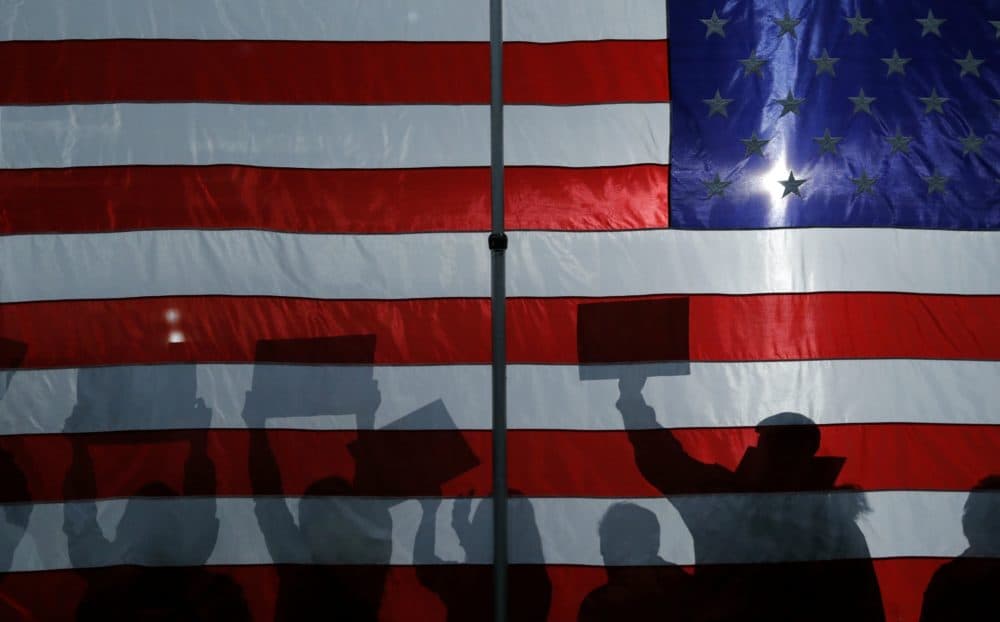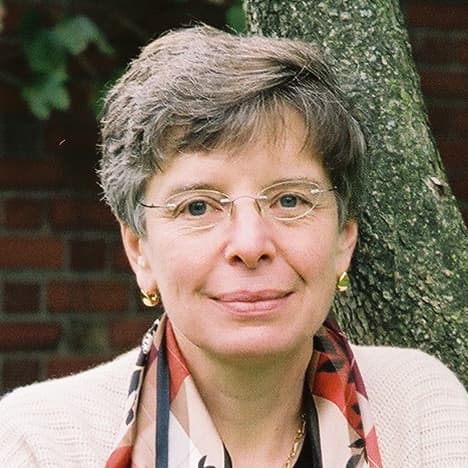Advertisement
Commentary
A Progressive Activists’ Guide To 2020

A man walking his dog with whom I exchanged greetings on a recent too warm winter day laughed and said, “I love 70-degree weather in January, and by the time the worst stuff happens, I’ll be gone ... and my dog will be too.”
I get the sentiment, some days share it, and was enjoying the untimely warmth myself; but I also hear in his words the nihilism that so often grows from helpless fear.
Virginia Woolf once observed (and Rebecca Solnit famously pondered), “The future is dark, and that is the best the future can be, I think.”
While on first reading it sounds dolorous, and I imagine Woolf intended that note, she meant something much more inflected and true: None of us can see into the future, nor foretell what it will bring. We might speculate, but we cannot know. And that is a real basis for hope.
Certainly, to me, the present feels dark; both literally, as we slowly rotate from the solstice, and more existentially as well. I gape and tremble as our government fails so terribly, perhaps most critically in this moment by refusing to acknowledge and address the crisis of climate change. I can’t shake an article I read in The Independent suggesting that esteemed scientists see human civilization as we know it as ending on earth by 2050 if we do not immediately address our catastrophic use of fossil fuels.
We might speculate, but we cannot know. And that is a real basis for hope.
Needless to say, this darkness, this uncertainty about what’s really possible, doesn’t free us from action — it doesn’t suggest, “I can’t know, so I give up.” In fact, just the opposite. It throws us back upon ourselves, our principles, our collective desires, and it confirms the worth of working as hard as we can to bring about the ends we seek.
I still carry in my head an image from a William James essay, “The Will to Believe,” I read decades ago. Though he was talking about religion, his allegory, and the larger lessons within it have lingered: He describes a man on a mountain in a snow storm. There are two paths down. One leads to a precipice and death. The other to safety. To linger on the mountain is to die, and so what wise choice has he — have we — but to pick a path and run down as quickly as we can, come what may?
Although each of us, at best, can do only a little, each thing we do matters. The psychiatrist and social activist Robert Jay Lifton, who interviewed Nazi doctors and perpetrators of the My Lai massacre to understand how terrible things happen, used to say, “Everything counts; nothing is without its effect.” He believed that efforts for change may not have immediately visible impacts, but often flower in time.
However difficult it is to make an hour or two for political action in the midst of already overwhelmed daily lives, working for change often feels better than the helplessness of not acting. I didn’t think it was a great idea for my not-so-young husband to attend an impeachment rally in the frigid December sleet, but he picked his way through the slush to the subway anyway, and returned heartened and energized.
We all know, but it’s good to remember over and over again, that participating in collective effort makes each of us feel less isolated and less disheartened.
And he is not alone. We had a large turnout at a recent evening when we invited people to write letters to unregistered prospective voters, encouraging them to register and vote. We expected 10 people and 35 attended. Not only were we heartened, but when we have since encountered people who were there, all expressed relief and pleasure to have joined up with so many others. We all know, but it’s good to remember over and over again, that participating in collective effort makes each of us feel less isolated and less disheartened.
And that’s the essence of hope, isn’t it? That we will find we are not alone, that our understandings are shared: that when we reach out into fog or darkness, unseen arms will reach back toward us in sympathy and solidarity, linking us all together into a long and determined chain.
